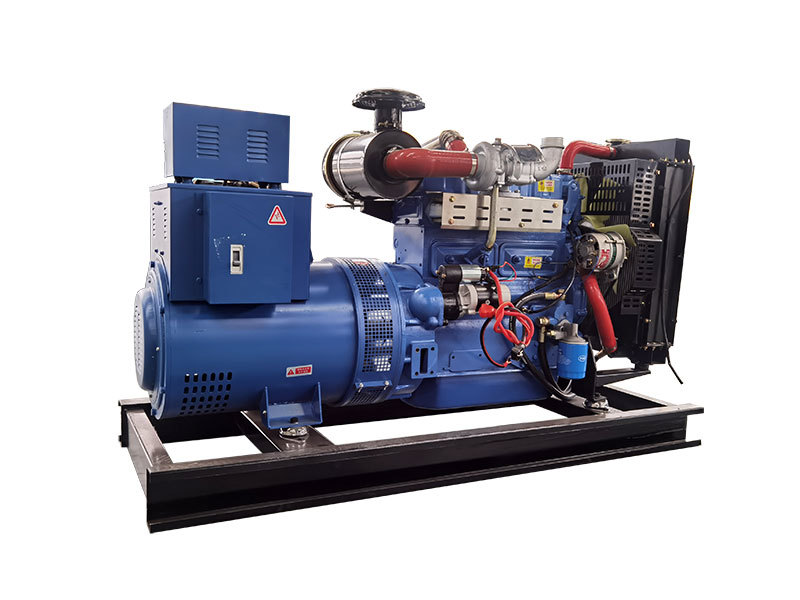The Growing Need for Backup Power
As our reliance on electricity continues to grow, so does the need for backup power sources. Natural disasters, power grid failures, and unexpected outages can leave homes and businesses without power for extended periods. In my experience, having a reliable backup power source is absolutely necessary.
The Limitations of Traditional Backup Power Sources
Traditional backup power sources, such as diesel generators, have their limitations. Diesel fuel is expensive, and generators require frequent maintenance. Additionally, diesel generators are not environmentally friendly, emitting harmful pollutants into the air.
The Benefits of Natural Gas Generators
Natural gas generators offer a cleaner, more efficient, and cost-effective alternative to traditional backup power sources. Here are some of the benefits of using natural gas generators for backup power:
Energy Efficiency
Natural gas generators are extremely energy efficient. They can convert up to 45% of the fuel they consume into electricity, compared to only 35% for diesel generators. This means that natural gas generators can provide more power while using less fuel.
Cost-Effectiveness
Natural gas generators are also more cost-effective than diesel generators. Natural gas is cheaper than diesel fuel, and natural gas generators require less maintenance than diesel generators. Additionally, natural gas generators have a longer lifespan than diesel generators, meaning that they will need to be replaced less frequently.
Environmental Impact
Frankly speaking, the environmental impact of traditional backup power sources is concerning. Diesel generators emit harmful pollutants, including carbon monoxide, nitrogen oxides, and particulate matter. In contrast, natural gas generators emit significantly fewer pollutants, making them a cleaner and more environmentally friendly option.
How Do Natural Gas Generators Work?
Natural gas generators work by using natural gas to power an engine that drives an alternator, which produces electricity. Natural gas is delivered to the generator through a pipeline, eliminating the need for fuel storage on-site. Additionally, natural gas generators can be connected to a building's existing natural gas supply, making them a convenient and reliable backup power source.
Types of Natural Gas Generators
There are two main types of natural gas generators: standby generators and continuous generators. Standby generators are designed to provide backup power during an outage, while continuous generators are designed to provide power continuously, even when the power grid is functioning normally.
The Future of Backup Power
In conclusion, natural gas generators offer a cleaner, more efficient, and cost-effective alternative to traditional backup power sources. As our reliance on electricity continues to grow, it is likely that natural gas generators will become the go-to backup power source for homes and businesses alike. So, are natural gas generators the future of backup power? Based on their benefits and advantages, it certainly seems possible.





